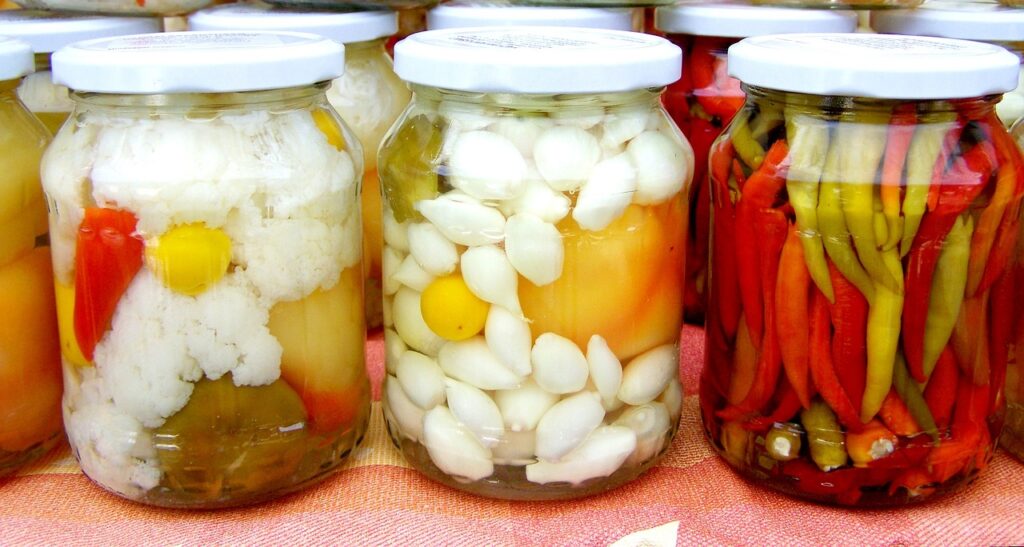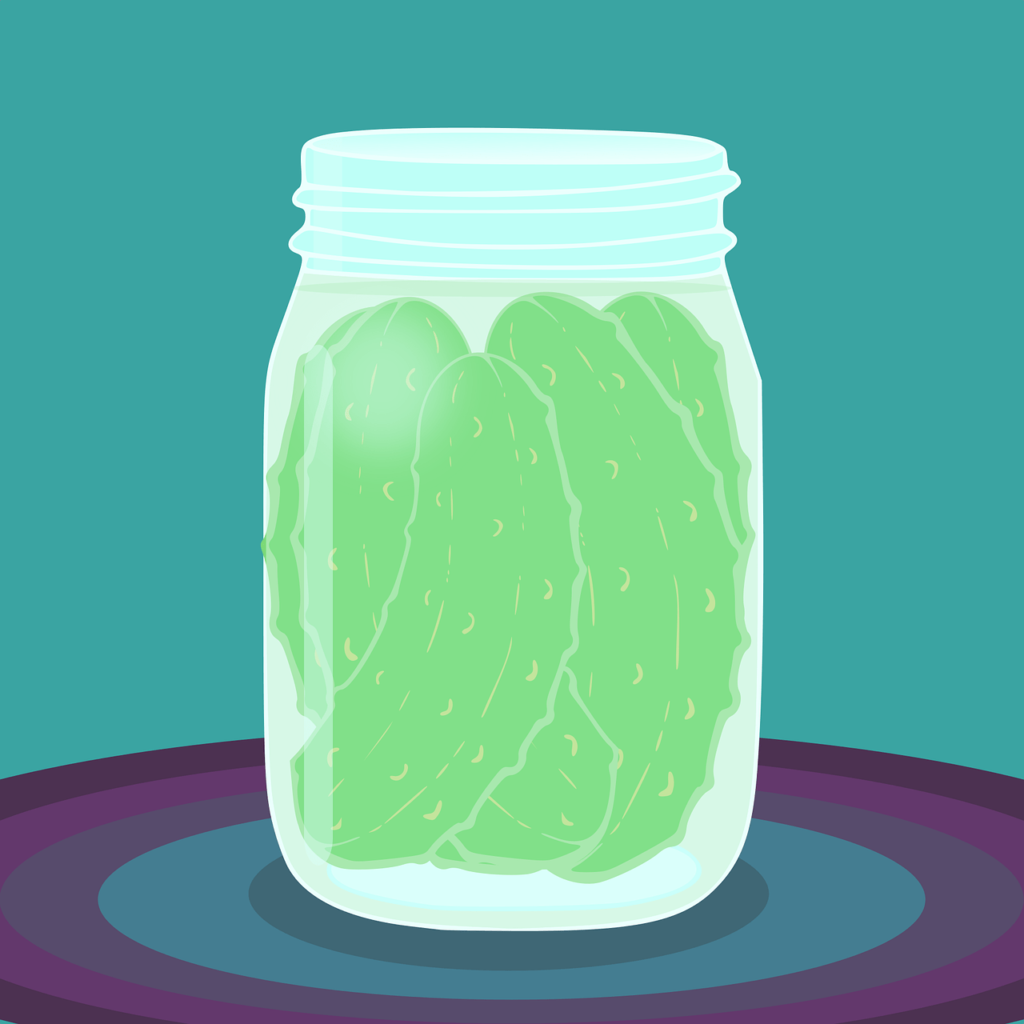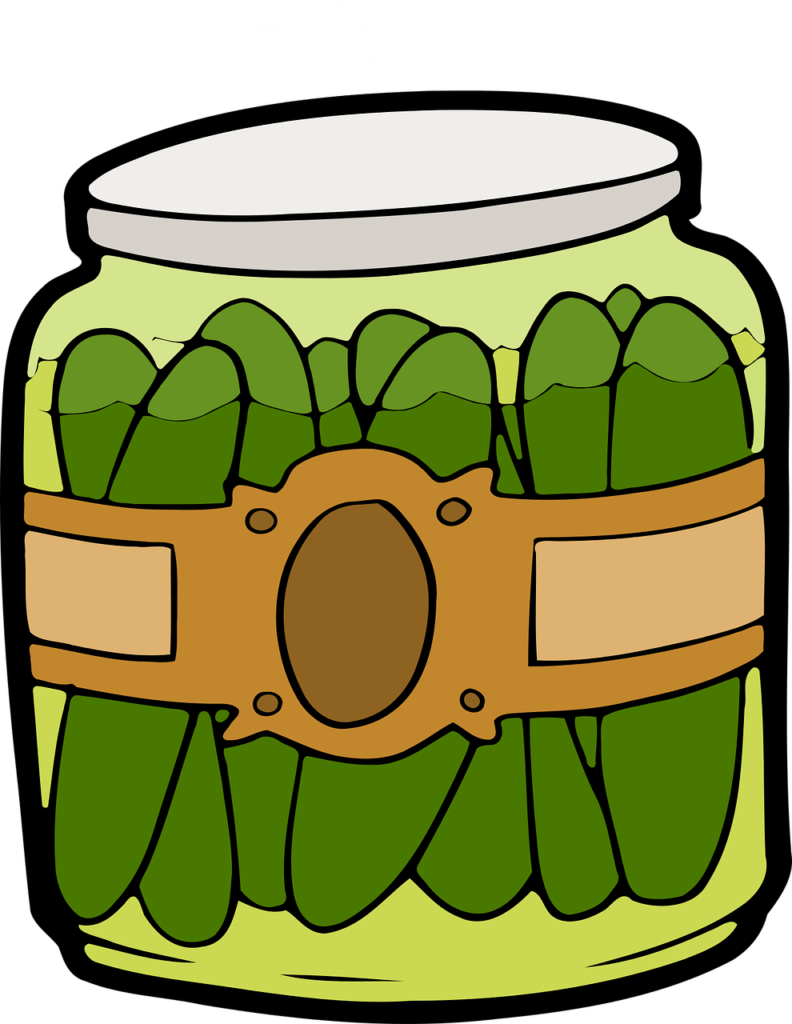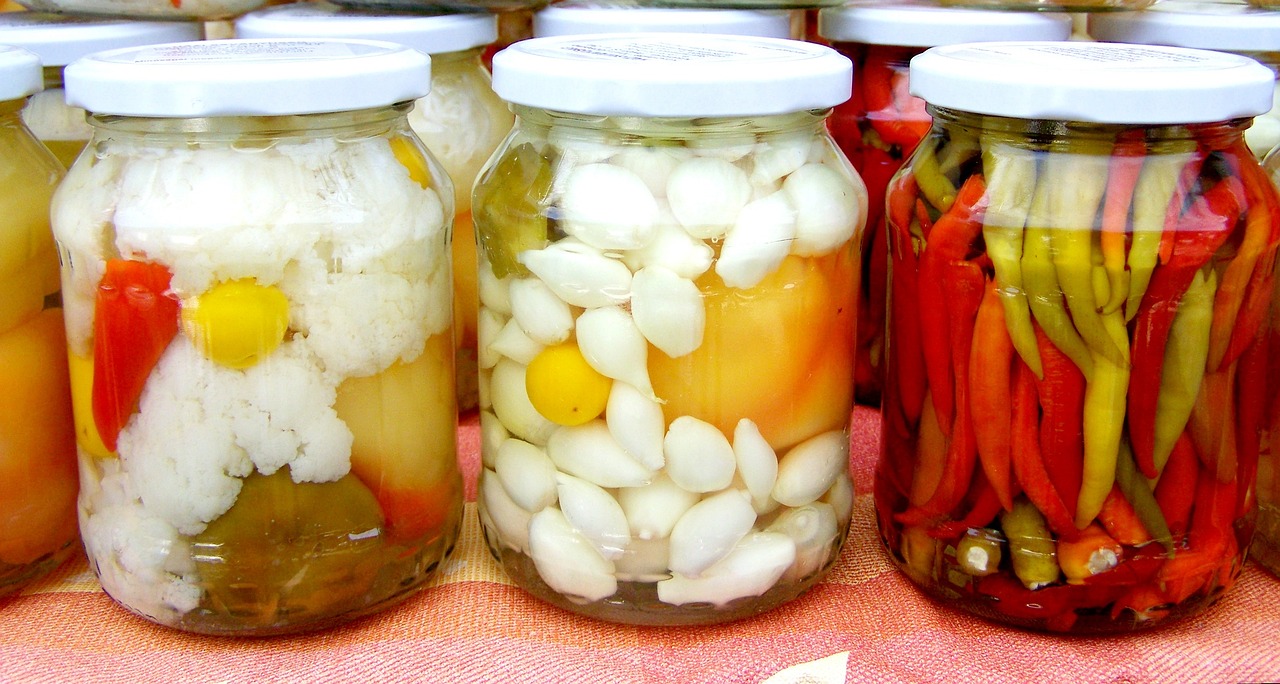Can You Preserve Mushrooms In Vinegar?
Can you preserve mushrooms in vinegar? This common kitchen technique has been utilized for centuries to extend the shelf life of mushrooms and add a unique flavor to dishes. In this article, we will explore the process of preserving mushrooms in vinegar, including the benefits, best practices, and potential risks.
Benefits of Preserving Mushrooms in Vinegar
Preserving mushrooms in vinegar offers several benefits, such as extending the shelf life of the mushrooms, enhancing their flavor, and creating a versatile ingredient that can be used in a variety of dishes. Additionally, the acidity of the vinegar helps to inhibit the growth of harmful bacteria, making the preserved mushrooms safer to consume.
Enhanced Flavor
Preserving mushrooms in vinegar infuses them with a tangy and acidic flavor that complements a wide range of dishes. The vinegar helps to enhance the natural umami taste of the mushrooms, making them a flavorful addition to salads, sandwiches, and charcuterie boards.
Extended Shelf Life
By preserving mushrooms in vinegar, you can significantly extend their shelf life compared to storing them in the refrigerator. The acidity of the vinegar helps to slow down the growth of bacteria and mold, allowing you to enjoy your mushrooms for a longer period of time.
Versatile Ingredient
Preserved mushrooms in vinegar are a versatile ingredient that can be used in various culinary applications. They can be added to pasta dishes, sandwiches, pizzas, and antipasto platters for an extra burst of flavor. Additionally, the vinegar-infused mushrooms can be used to make dressings, marinades, and sauces.

Best Practices for Preserving Mushrooms in Vinegar
Preserving mushrooms in vinegar is a straightforward process, but it is essential to follow best practices to ensure the safety and quality of the preserved mushrooms. Here are some tips to help you achieve the best results:
Use Fresh Mushrooms
It is crucial to use fresh and high-quality mushrooms when preserving them in vinegar. Choose mushrooms that are firm, free of blemishes, and have a mild aroma. Avoid using mushrooms that are slimy or mushy, as they may already be spoiled.
Clean and Trim the Mushrooms
Before preserving the mushrooms, make sure to clean them thoroughly to remove any dirt or debris. Trim the stems and any discolored parts of the mushrooms to ensure that only the freshest portions are preserved.
Sterilize Jars and Lids
To prevent contamination and spoilage, sterilize the jars and lids that will be used to store the preserved mushrooms. You can sterilize the jars by boiling them in water for a few minutes or by running them through a dishwasher cycle.
Use a High-Quality Vinegar
When preserving mushrooms in vinegar, it is essential to use a high-quality vinegar with a high acidity level. White wine vinegar, apple cider vinegar, and balsamic vinegar are popular choices for preserving mushrooms due to their robust flavor profiles.
Add Flavorful Ingredients
To enhance the flavor of the preserved mushrooms, consider adding aromatic herbs and spices to the vinegar mixture. Garlic, peppercorns, thyme, rosemary, and bay leaves are excellent additions that can infuse the mushrooms with additional layers of flavor.
Store Properly
After preserving the mushrooms in vinegar, store them in a cool, dry place away from direct sunlight. Proper storage will help to maintain the quality and flavor of the preserved mushrooms for an extended period.

Risks and Considerations
While preserving mushrooms in vinegar offers numerous benefits, there are some risks and considerations to keep in mind to ensure the safety of the preserved mushrooms. Understanding these risks will help you make informed decisions when preserving mushrooms in vinegar.
Botulism Risk
Preserving mushrooms in vinegar creates an anaerobic environment that can promote the growth of Clostridium botulinum, a bacterium that causes botulism. To reduce the risk of botulism, make sure to follow proper sterilization techniques, use fresh ingredients, and store the preserved mushrooms in a cool, dry place.
Mold Growth
Despite the acidic environment created by the vinegar, mold growth can still occur in preserved mushrooms if they are not properly cleaned or stored. Discard any preserved mushrooms that show signs of mold growth, as consuming moldy mushrooms can lead to food poisoning.
Allergic Reactions
Some individuals may be allergic to certain types of vinegar or mushrooms. If you have a known allergy to vinegar or mushrooms, it is best to avoid consuming preserved mushrooms in vinegar or consult with a healthcare professional before doing so.

How to Preserve Mushrooms in Vinegar
Now that you are aware of the benefits, best practices, and risks of preserving mushrooms in vinegar, let’s delve into the step-by-step process of preserving mushrooms in vinegar. Follow these simple instructions to create your own tangy and flavorful preserved mushrooms:
Ingredients:
- 1 pound of fresh mushrooms
- 2 cups of vinegar (white wine vinegar, apple cider vinegar, or balsamic vinegar)
- Aromatics (garlic, peppercorns, herbs, etc.)
- Sterilized jars with lids
Instructions:
-
Clean the mushrooms: Wipe the mushrooms with a damp cloth to remove any dirt or debris. Trim the stems and any discolored parts of the mushrooms.
-
Prepare the vinegar mixture: In a saucepan, combine the vinegar with your chosen aromatics, such as garlic cloves, peppercorns, and herbs. Bring the mixture to a simmer over medium heat.
-
Blanch the mushrooms: In a separate pot, blanch the mushrooms in boiling water for 3-5 minutes. This helps to soften the mushrooms slightly and remove any excess moisture.
-
Pack the jars: Place the blanched mushrooms in sterilized jars, leaving some space at the top. Pour the hot vinegar mixture over the mushrooms, ensuring that they are completely submerged.
-
Seal the jars: Wipe the rims of the jars with a clean cloth, then seal them with the lids. Allow the jars to cool to room temperature before storing them in the refrigerator.
-
Let the flavors develop: Allow the preserved mushrooms to marinate in the vinegar mixture for at least 1-2 weeks before consuming them. The longer the mushrooms sit, the more flavorful they will become.
Serving Suggestions:
- Add the preserved mushrooms to salads, sandwiches, and antipasto platters.
- Use the vinegar-infused mushrooms to make dressings, marinades, and sauces.
- Enjoy the preserved mushrooms on their own as a flavorful snack or appetizer.

Conclusion
In conclusion, preserving mushrooms in vinegar is a simple and rewarding process that offers a myriad of benefits, such as extended shelf life, enhanced flavor, and versatility in cooking. By following best practices, understanding potential risks, and using high-quality ingredients, you can safely and confidently preserve mushrooms in vinegar to enjoy in a variety of dishes. Experiment with different types of vinegar, herbs, and spices to create unique and flavorful preserved mushrooms that will elevate your culinary creations. Happy preserving!

